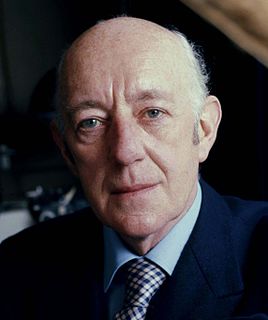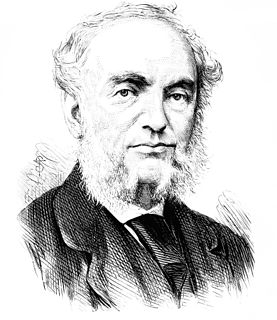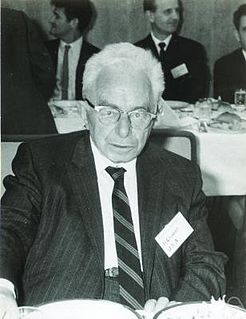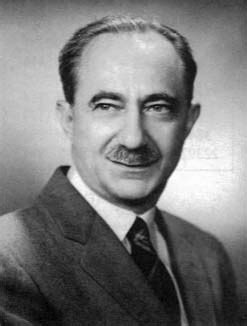A Quote by G. H. Hardy
Mathematics is not a contemplative but a creative subject.
Quote Topics
Related Quotes
Mathematics is not a contemplative but a creative subject; no one can draw much consolation from it when he has lost the power or the desire to create; and that is apt to happen to a mathematician rather soon. It is a pity, but in that case he does not matter a great deal anyhow, and it would be silly to bother about him.
There is no thing as a man who does not create mathematics and yet is a fine mathematics teacher. Textbooks, course material-these do not approach in importance the communication of what mathematics is really about, of where it is going, and of where it currently stands with respect to the specific branch of it being taught. What really matters is the communication of the spirit of mathematics. It is a spirit that is active rather than contemplative-a spirit of disciplined search for adventures of the intellect. Only as adventurer can really tell of adventures.
As mathematics had been my best subject at school, my parents proposed - and I accepted - studies at the University of Lund in mathematics, statistics, and economics. The choice of the latter subject is said to be due to the fact that at the age of five years, I was very fond of calculating the cost of the various cakes my mother used to bake.
I do not think the division of the subject into two parts - into applied mathematics and experimental physics a good one, for natural philosophy without experiment is merely mathematical exercise, while experiment without mathematics will neither sufficiently discipline the mind or sufficiently extend our knowledge in a subject like physics.
Blindness to the aesthetic element in mathematics is widespread and can account for a feeling that mathematics is dry as dust, as exciting as a telephone book... Contrariwise, appreciation of this element makes the subject live in a wonderful manner and burn as no other creation of the human mind seems to do.
The subject for which I am asking your attention deals with the foundations of mathematics. To understand the development of the opposing theories existing in this field one must first gain a clear understnding of the concept "science"; for it is as a part of science that mathematics originally took its place in human thought.
Mystery is an inescapable ingredient of mathematics. Mathematics is full of unanswered questions, which far outnumber known theorems and results. It's the nature of mathematics to pose more problems than it can solve. Indeed, mathematics itself may be built on small islands of truth comprising the pieces of mathematics that can be validated by relatively short proofs. All else is speculation.
Pure mathematics consists entirely of assertions to the effect that, if such and such a proposition is true of anything, then suchand such another proposition is true of that thing.... Thus mathematics may be defined as the subject in which we never know what we are talking about, nor whether what we are saying is true.
Mathematics never reveals man to the degree, never expresses him in the way, that any other field of human endeavour does: the extent of the negation of man's corporeal self that mathematics achieves cannot be compared with anything. Whoever is interested in this subject I refer to my articles. Here I will say only that the world injected its patterns into human language at the very inception of that language; mathematics sleeps in every utterance, and can only be discovered, never invented.





































